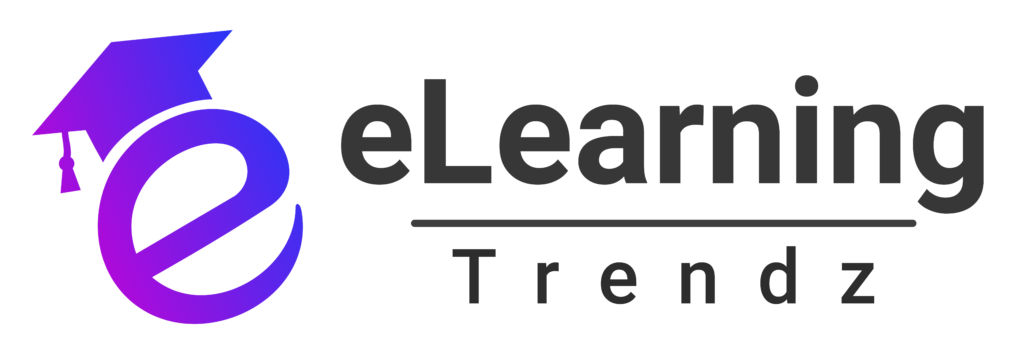What Are Mobile LMS Platforms?
Mobile Learning Management Systems (LMS) are cloud-based solutions that allow users to access training content and complete courses via mobile devices. These platforms enable learners to engage with educational content at their convenience, using smartphones, tablets, and other mobile devices. The increased accessibility of mobile devices has made mobile LMS platforms a popular choice for both employees and learners across various industries.
Key Features of Mobile LMS Platforms
Mobile LMS platforms come with various features that cater to the dynamic needs of modern learners and businesses. Some of the standout features include:
- Offline Learning: Mobile LMS platforms provide learners with the ability to access course content offline, enabling learning in areas with poor or no internet connectivity.
- Remote Access LMS: With remote access LMS, employees and students can continue their learning journeys from anywhere, ensuring training is never interrupted.
- Inclusive Learning Platforms: Many mobile LMS platforms integrate assistive technologies to ensure that learning is accessible to everyone, including learners with disabilities.
- Multi-Device Compatibility: Mobile LMS platforms support a wide range of devices, ensuring learners can access content from smartphones, tablets, and laptops with a seamless experience.
- Adaptive Learning Technology: Mobile LMS platforms with adaptive learning technology adjust the difficulty of learning content based on a learner’s progress and performance.
Why Mobile LMS is the Future of Learning and Development
As organizations increasingly prioritize employee development, mobile learning has emerged as a cornerstone for efficient and flexible training. With employees often spread across different geographical locations, mobile LMS platforms offer the perfect solution to ensure continuous learning without disruption.
Offline Learning: The Game Changer
One of the major barriers to effective learning is connectivity. Traditional eLearning often relies on constant internet access, limiting learning opportunities in remote areas or when internet service is unreliable. Mobile LMS platforms address this by offering offline learning capabilities. Learners can download course materials to their devices and continue learning without needing a live internet connection.
This flexibility not only ensures a smooth learning experience for learners in remote locations but also benefits employees on the move. Offline learning eliminates the dependency on network stability, making learning truly accessible anytime, anywhere.
Remote Access LMS: Bridging Geographical Gaps
Remote access LMS platforms allow learners to participate in educational programs from anywhere in the world. Whether it’s a remote employee or a field worker, a mobile LMS provides equal access to learning resources. This feature is especially valuable for organizations with a dispersed workforce, as it ensures that training can be delivered consistently, regardless of location.
Additionally, remote access LMS platforms allow learners to track their progress and receive updates or reminders about upcoming deadlines, keeping them engaged and motivated to continue their learning journey.
Inclusive Learning Platforms: Ensuring Equal Access for All
Inclusivity in education is a core value for any organization. Mobile LMS platforms are leading the way by offering built-in assistive technologies such as text-to-speech, speech-to-text, and screen readers. These tools make learning more accessible to individuals with visual or hearing impairments and those with learning disabilities.
As a result, mobile LMS platforms contribute to creating an inclusive learning environment that meets the diverse needs of all learners, ensuring that everyone has the opportunity to succeed.
Multi-Device Compatibility: Flexibility to Learn Anywhere
Another significant advantage of mobile LMS platforms is multi-device compatibility. Whether learners prefer using their smartphones, tablets, or laptops, mobile LMS ensures a consistent experience across different devices. This feature not only boosts engagement by giving learners the flexibility to learn when and where they want but also enhances usability.
For businesses, this means they can reach a wider audience, ensuring that training content is accessible to employees regardless of the device they use. Multi-device compatibility also reduces barriers to entry, making it easier for learners to engage with the content using their preferred technology.
Adaptive Learning Technology: Personalized Learning Paths
Adaptive learning technology takes mobile LMS platforms a step further by offering personalized learning experiences. By analyzing a learner’s performance, the system can adjust the content to better match the learner’s needs. For example, if a learner struggles with a particular concept, the platform will provide additional resources to help them master that area.
This tailored approach helps to ensure that learners are not overwhelmed or under-challenged, providing them with the right level of difficulty to keep them engaged and motivated. It’s one of the key features that sets mobile LMS platforms apart from traditional eLearning solutions.
Why Organizations Should Adopt Mobile LMS Solutions
Mobile LMS platforms are not only convenient for learners, but they also offer significant benefits to organizations. Here’s why businesses should consider implementing a mobile LMS:
- Increased Engagement: Mobile LMS platforms provide interactive features like gamification, quizzes, and push notifications, which help keep learners engaged.
- Cost Savings: By enabling remote and offline learning, organizations can reduce the costs associated with in-person training and travel expenses.
- Scalability: Mobile LMS platforms can be easily scaled to accommodate growing teams and expanding training needs, making them a sustainable solution for organizations of all sizes.
- Continuous Learning: With the ability to access content anytime, anywhere, mobile LMS solutions foster a culture of continuous learning, enabling employees to stay updated with the latest knowledge and skills.
Conclusion
Mobile LMS platforms are revolutionizing how organizations approach training and development. By providing features such as offline learning, remote access, inclusive learning tools, multi-device compatibility, and adaptive learning technology, these platforms ensure that learning is accessible, engaging, and personalized. With mobile LMS solutions, businesses can empower their workforce to learn anytime, anywhere, ultimately improving employee performance and organizational success.
Adopting a mobile LMS solution is not just a trend—it’s a strategic move to ensure the long-term success of your organization and its employees. As mobile devices continue to dominate, mobile LMS platforms will remain a key component in the future of education and training.














